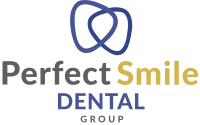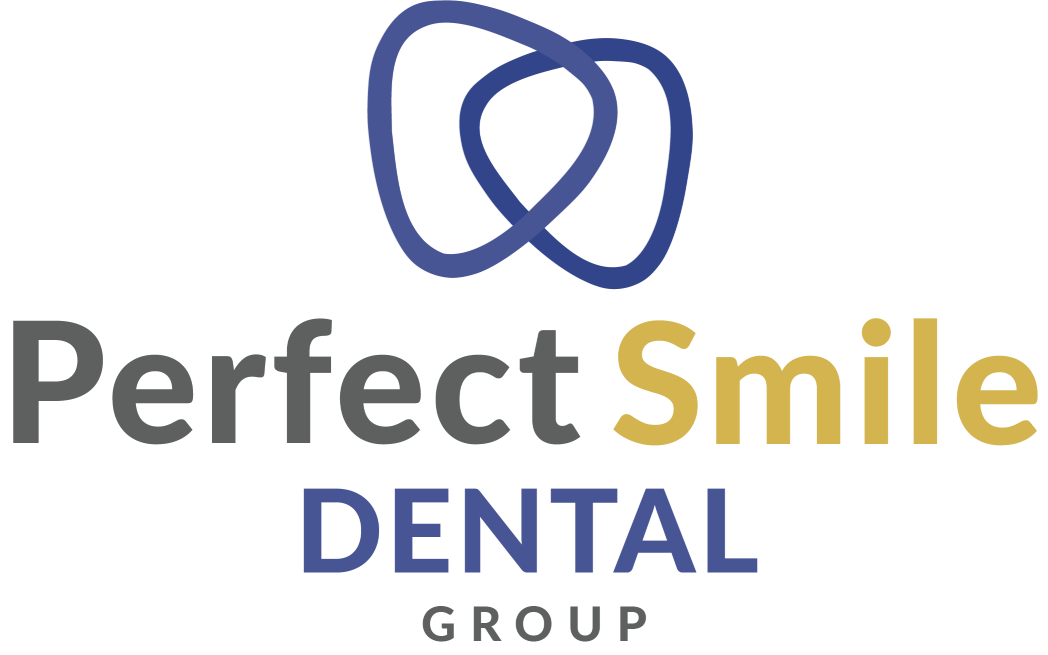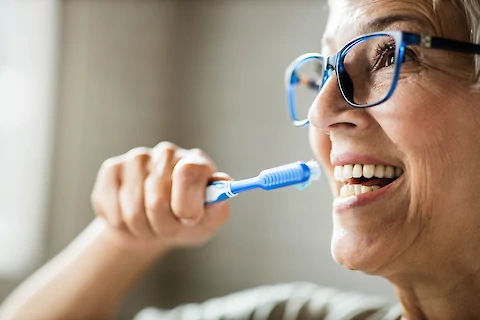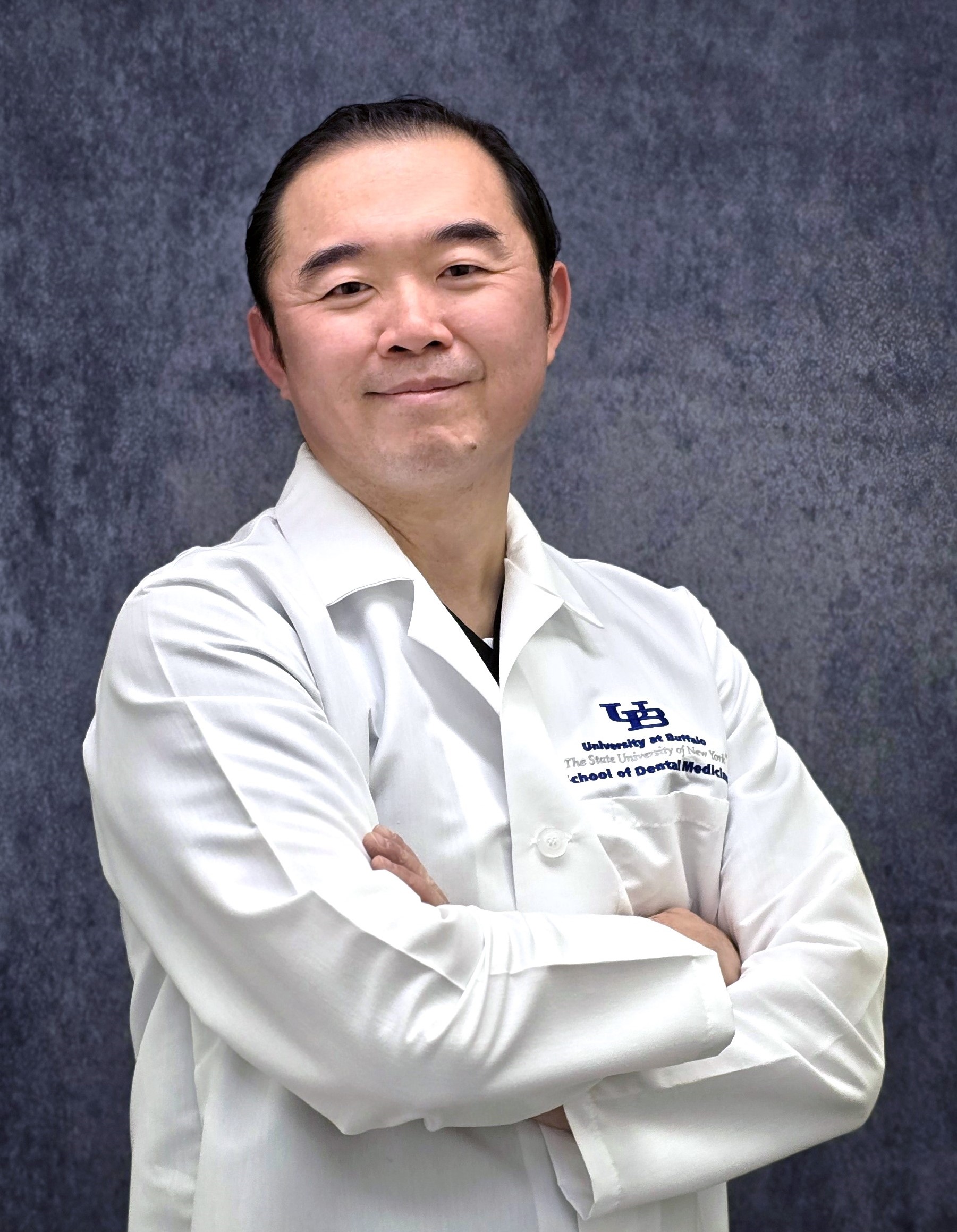There are few things more important than taking care of your teeth if you want to enjoy a life free of pain, and you just have to listen to any dentist to know how to do it. Dental care starts as soon as we get our teeth and never ends, but the payoff is more …
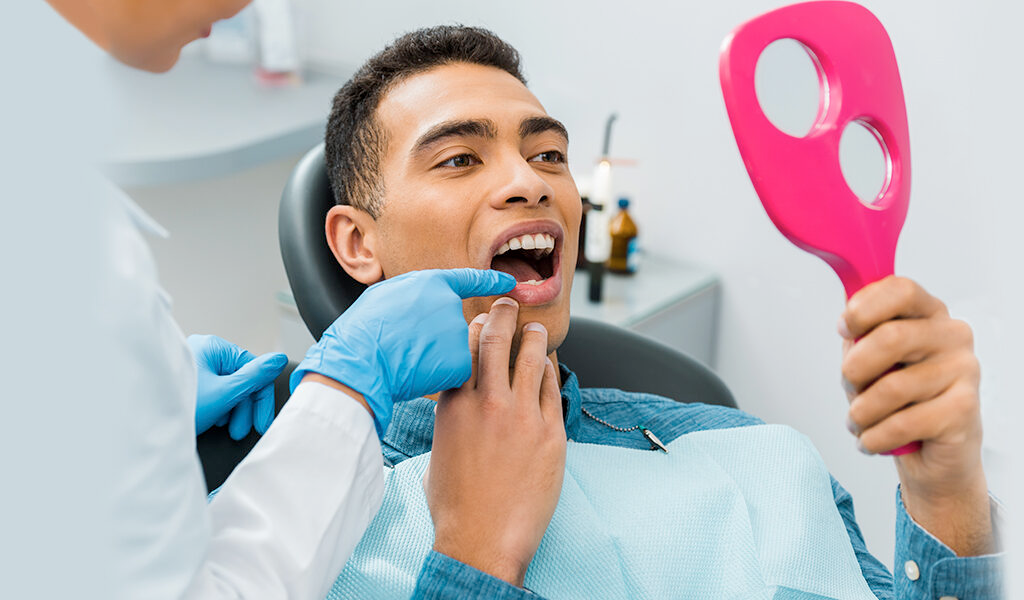
There are few things more important than taking care of your teeth if you want to enjoy a life free of pain, and you just have to listen to any dentist to know how to do it. Dental care starts as soon as we get our teeth and never ends, but the payoff is more than worth the work it takes. It’s possible to avoid dental surgery and oral diseases for your entire life if you take the time to care for your teeth daily.
Of course, not all of us have the incredible luck of starting with perfect teeth, but there’s always someone who can help to get you the smile that you deserve. Oral and maxillofacial surgeons can fix diseases and defects in your jaw and face to give you what nature couldn’t. Once you let the oral and maxillofacial surgeon help you out, all you’ll have to worry about will be the daily dental care that it takes to keep your perfect smile.
The Various Oral Health Care Providers
The concept of dental school has been around for thousands of years and creates providers to care for every aspect of your dental health and other dental services. People attend dental school to learn about the dental specialties they’re most passionate about for their specialties. Dental medicine is vast and these dental specialties range from oral and maxillofacial radiologists to oral pathologists, and pediatric dentist practitioners.
The dental profession also has plenty of experts to assist in general dentistry that you have to seek out regularly. Some dental specialties include the dental anesthesiologist, practitioners of oral medicine, and other general dentists who have studied the oral and maxillofacial region. All this is to say that you never have to feel that your oral health has to take a backseat to the rest of your body because there’s always an expert there to help you.
What’s the difference between a DDS and a DMD?
If you’re not a dentist then you can quickly get lost in all the terminology that the field happens to have. The first thing that most people notice is that your licensed dentist may have a DDS or a DMD after their name and you most likely don’t know what the difference happens to be. The simple answer is that there’s no difference at all between the two terms and you can rest assured that your dentist has the knowledge it takes to help you out.
Every person who graduates from dental school clinics will be able to take care of their oral cavity, missing teeth, gum disease, and some oral surgery procedures. The only difference between DDS and DMD is what the school chooses to award its graduates. The education is the same, so you don’t have to seek out one or the other based on your needs for dental implants or dental diseases.
Preventive dentistry
Any dentist you talk to is going to tell you that prevention is the most important part of any dental specialty field and you have to make sure you carry it out regularly. If you want to avoid getting to a point where your dentist has to perform restorative procedures then you just have to listen to what every dental board and the American Dental Association tells you. All it involves is daily brushing, flossing, and regular checkups to keep you away from dental specialties like dental anesthesiology and root canal therapy.
Dental schools always put prevention at the top of their oral medicine studies and dental examiners can often pinpoint the time when poor dental care turned into a problem or even an oral disease. Plenty of tools exist to help you with your daily disease prevention and clinical exams will let you know what’s going on in your mouth so you can get ahead of any issues that are developing. Still, a toothbrush and floss are going to be the only tools that many dentists recommend for you to use.
Emergency dental care
No matter how much prevention you use, there might be a time when you have to seek out emergency dental care after an accident or the onset of systemic diseases. The dentists who take care of you in these instances will have additional training after their DMD degree to give them the skills it takes to fix your teeth. A dentist anesthesiologist will often be a part of your care, and they’ll make the call on whether you need local anesthesia or general.
Your treatment will vary based on your health conditions and most specialists you see will have postdoctoral training, so they’ll know exactly what they have to do to help you. Impacted teeth will tend to damage surrounding structures and teeth. That means they often lead to emergency dental care for patients, so making your general dentist aware of it early is key to avoiding this type of medical treatment.
How to Brush
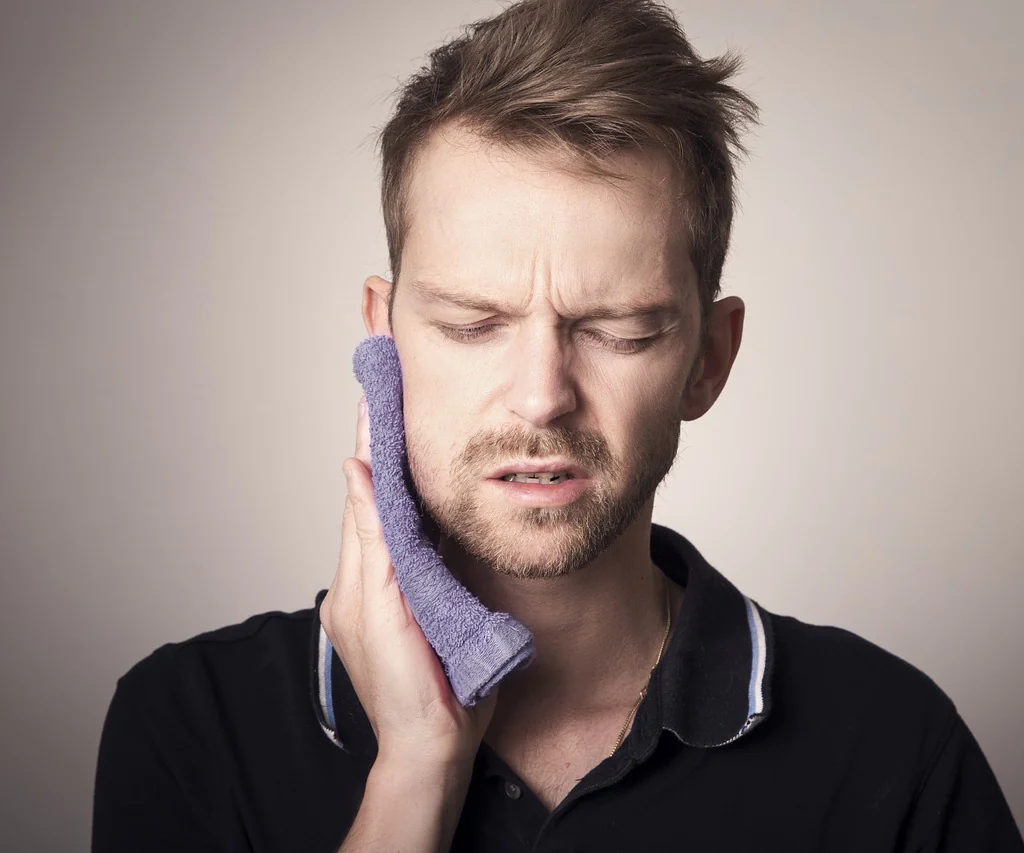
Dentists and their American board have specific instructions on how to brush your teeth to keep your gums healthy and make sure you don’t have to get dentures put into your mouth after your real teeth fall out. Any new dentists you visit will have the same information to let you know how you’re supposed to do it. They also recommend toothbrushes to clean your teeth and gums and keep your oral health where it’s supposed to be.
the first step is to put your toothbrush at a 45-degree angle to your gums and focus on two of your teeth at a time. Then you simply move the brush back and forth and make your way around your mouth. It’s best to focus on the outside of your teeth, then the inside, followed by your chewing surfaces.
Flossing Tips
Flossing is one of the most important ways to keep your teeth healthy and make sure your doctor only sees good things when you go in for your visits. If you want to avoid a poor diagnosis then you have to make sure that you floss below the gum line. That means getting the floss between your teeth and gums to clean the areas that you never get to see.
It’s also important that you never snap the floss or put too much pressure on it while you’re using it. You can cause a medical problem that will lead to a diagnosis and treatment that you’re trying to avoid in the first place. Gently curve the floss around each tooth and use clean floss as you go from tooth to tooth during your daily oral care.
When to Seek Specialized Care
If you have problems that are causing you pain or making it difficult to chew and swallow your food then it’s likely time for you to seek out dental specialists that can take your oral health care to the next level. Oral cancer is always a concern and catching it early is key to helping you oral and maxillofacial specialists give you the oral health care that you need. Talk to your general dentist about any concerns that you have and they’ll be able to work out a treatment strategy and prescribe any other medications you need before you get your diagnosis and treatment.
Many patients are nervous about bringing up health problems to their doctor, but it’s something you have to do if you want to get the diagnosis and treatment that you need to get the medical care you require. The fact that the problem is in your mouth never makes it less important than any of the other diseases you regularly test for. Take the health of your teeth just as seriously and you’ll get the medicine and treatment you need to maintain your health.
Avoid Smoking for Healthy Teeth
Dentists all around the world, as well as every other medical profession, make it very clear that smoking is bad for you and should be avoided for your entire life. If you care about your health then smoking is the first thing to make sure you never do and there’s no way around it. Not only does it coat your teeth in tar and nicotine, it will lead to gum disease and oral cancer over time.
If you smoke, speak to your doctor about quitting as soon as you can you’ll receive plenty of information on cessation and other medical assistance. It’s not easy to do, but it’s the best thing for your oral health as well as your general health and any graduate of dental school will tell you how important is it. Quitting now will help you avoid dentures as well as a lung diagnosis that will change your life for the worse.
Limit Sugary Drinks
Another great way for patients to avoid invasive dentistry is to limit the amount of sugary drinks they have from day to day that lead to dental implants and other surgeries. These types of drinks include soda and high-sugar juices that you can find anywhere. It’s also a great idea to avoid candies and other sugary foods.
Sugar tends to break down teeth over time and will quickly lead to cavities and other problems that dentists see daily in their exam rooms. You don’t have to be a child for candy and sweets to ruin your teeth, so it’s something you always have to have in the back of your mind. The more time you spend avoiding these things, the healthier your teeth and gums will be and that’s something that all patients should have as a main goal.
Take care of your Teeth

The better you care for your teeth, the better they’ll care for you and that’s something that every dentist can agree on. Make sure you’re doing everything you can for your oral health and you’ll be in great shape to keep them for your entire life.
Take the steps now for healthy teeth tomorrow and your dentist will keep you updated on how everything is going for you. That’s the best way to keep your smile beautiful and your mouth as healthy as it can be.
